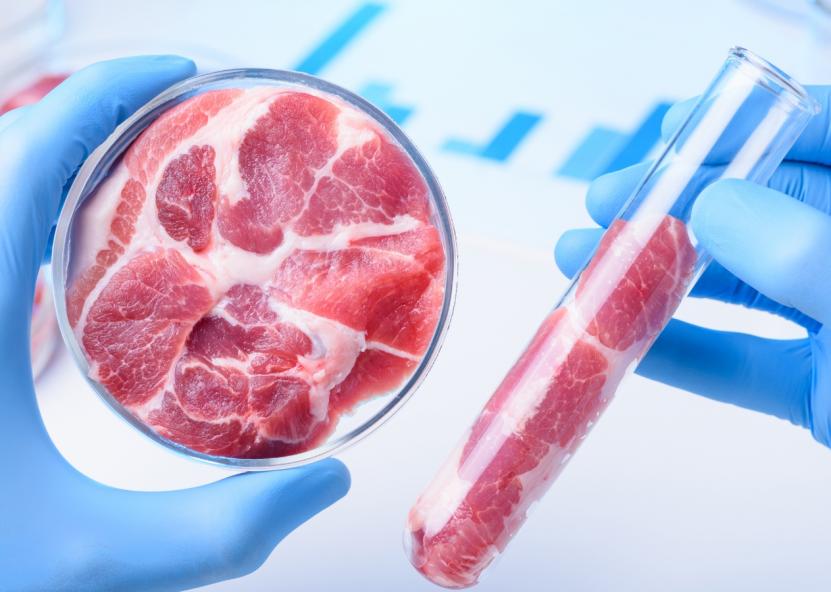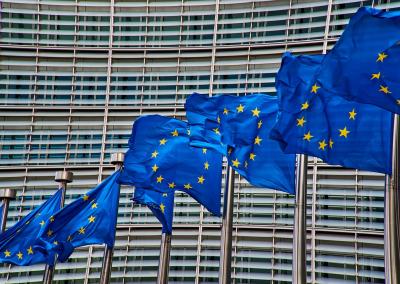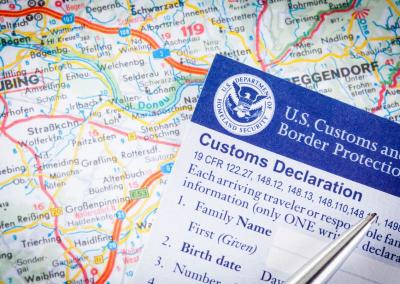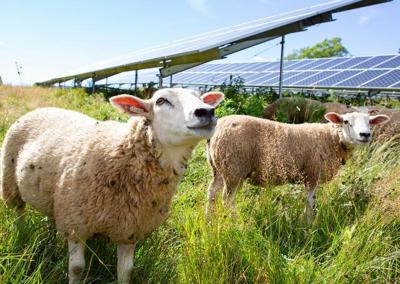A Dutch company has applied to trade cultured meat in the European Union
Mosa Meat, a company from the Netherlands, has applied to the European Union (EU) to allow the sale of its lab-grown beef, claiming that the product could appeal to meat lovers. The lab-grown meat, known as cultured meat, is produced from animal cells grown in a nutrient medium.
Company CEO Maarten Bosch pointed out that vegetable burgers often lack fat, which is why lab-grown fat can become an important ingredient. However, before marketing authorisation can be granted, the European Commission and the European Food Safety Authority (EFSA) have to assess the application and complete other procedural work, which can take up to 18 months.
In the past, a French company has tried to market a lab-grown product, but farmers and politicians have opposed the attempts, arguing that it would harm traditional agriculture.
Mosa Meat's CEO Bosch says lab-grown products will not drive farmers out of the market, and that reducing dependence on animal products is crucial as it can help tackle climate change.
Although the development of farmed meat production has progressed, it is still currently facing serious challenges, such as high production costs and reduced investment in the field. Among the few companies that have been able to attract significant financing, Mosa Meat stands out, having secured an investment of as much as €40 million in 2024 for production expansion projects and cost reduction.
Moss Meat's CEO Bosch acknowledges that investor interest in farmed meat is currently waning, but he remains optimistic about future prospects. He believes that although current conditions are challenging, innovation and technological advances can help to overcome current obstacles and open up new opportunities for the industry.













































































































